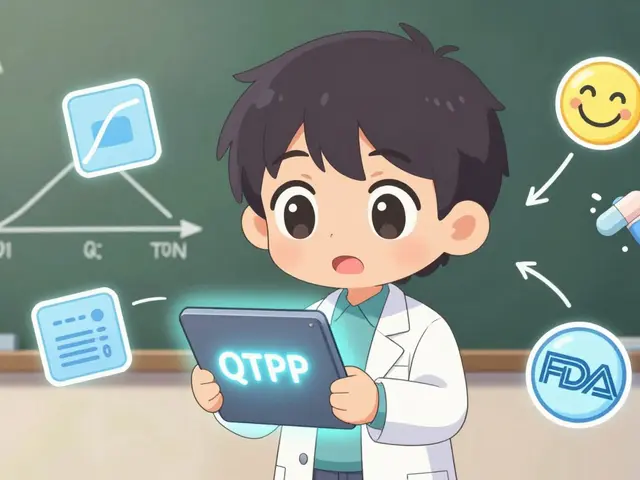Hydrochlorothiazide: A Simple Guide to This Common Water Pill
If you’ve ever been prescribed a water pill, there’s a good chance it was hydrochlorothiazide. This medication helps your body get rid of excess salt and water by making you pee more. Doctors often suggest it for high blood pressure, swelling caused by conditions like heart or kidney problems, and sometimes for other health issues. Knowing how it works and what to watch out for can make taking it less confusing.
At its core, hydrochlorothiazide acts on your kidneys. It blocks salt from being absorbed back into the bloodstream, which means more salt—and water with it—leaves your body through urine. Less fluid in blood vessels means lower blood pressure and less swelling. It’s a simple trick with a big effect.
When and Why People Take Hydrochlorothiazide
High blood pressure is a common reason for this drug. Keeping blood pressure in check helps reduce risks of strokes and heart attacks. Sometimes it's combined with other medicines for better control. It’s also used to reduce edema, where the body holds onto too much fluid and causes swelling in legs, arms, or lungs. This can happen with heart failure, liver disease, or certain kidney issues.
Besides these main uses, hydrochlorothiazide may help some cases of kidney stones or diabetes insipidus, but those are less common reasons. Your doctor will decide if it's right for you based on your health and needs.
What You Should Know Before You Start
Before using hydrochlorothiazide, you should know it can cause some side effects. You might feel thirsty, need to pee a lot, or notice muscle cramps. It can also change your electrolyte levels—like potassium and sodium—which can be serious if ignored. It’s a good idea to follow your doctor's instructions carefully and go for routine blood tests. This helps catch any problems early.
Be cautious if you’re taking other medications, especially for blood pressure, diabetes, or heart conditions. Mixing medicines can sometimes cause unexpected effects. And always tell your doctor if you have allergies, kidney or liver disease, or if you’re pregnant or breastfeeding.
Wondering about lifestyle changes? Staying hydrated but not drinking too much salt is important. Some people find limiting alcohol and watching your diet helps the medication work better. If you experience symptoms like dizziness, irregular heartbeat, or severe weakness, get medical advice quickly.
Hydrochlorothiazide can be a helpful tool in managing your health when used wisely. Understanding its role and following your healthcare provider’s advice makes all the difference.
Understanding Losartan-Hydrochlorothiazide and Its Impact on Sleep

Exploring how losartan-hydrochlorothiazide, a common blood pressure medication, can affect sleep patterns. We'll dive into what this medication does, its potential side effects on sleep, and share practical advice on managing these effects. Discover how lifestyle changes can help balance your health when taking this medication. Get an informed perspective that might improve both your sleep and daily life.
read more



